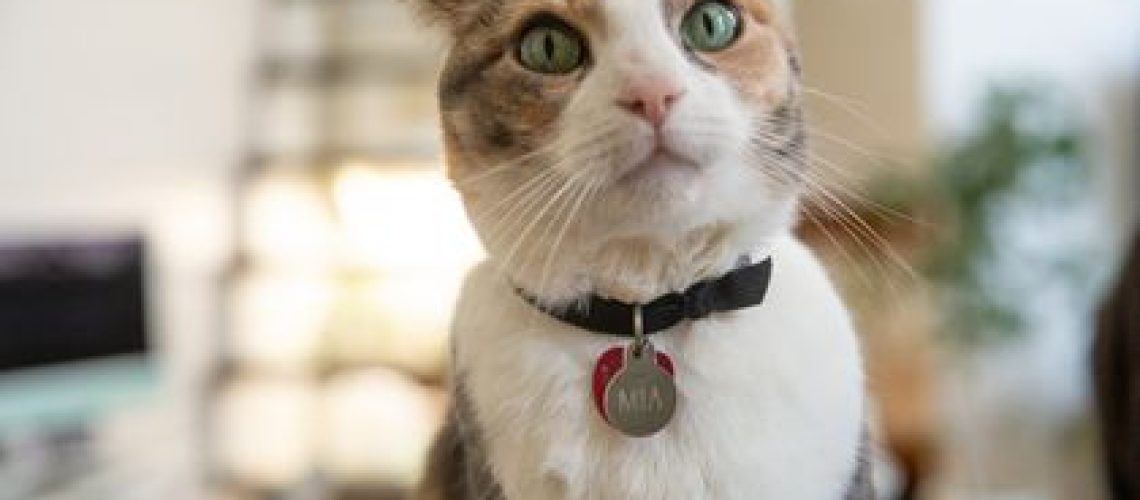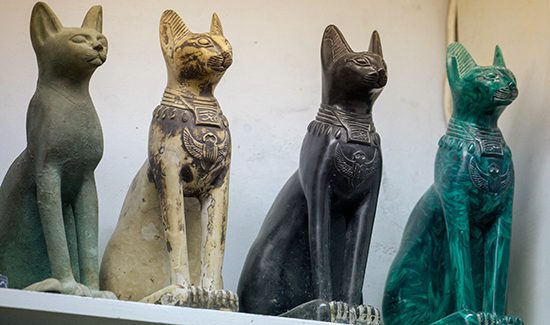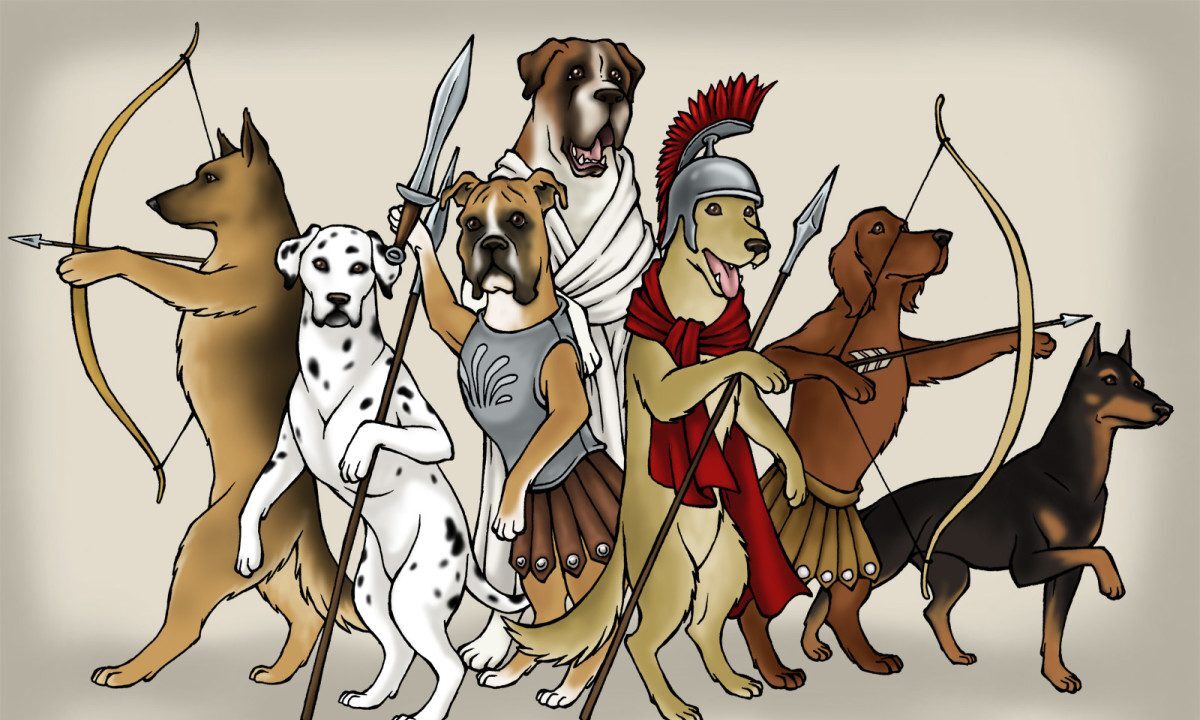Discover the sacred role of cats in ancient Egypt! Learn how they were worshipped, protected homes, and even communicated with gods. Explore the meanings behind ancient Egyptian cat names.
Key Takeaways:
- Egyptian cat names are often inspired by ancient Egyptian mythology and culture.
- Many Egyptian cat names have meanings related to strength, beauty, or divine qualities.
- Popular Egyptian cat names include Bastet, Nefertiti, Cleopatra, Anubis, and Osiris.
- Cats were highly revered in ancient Egypt and were considered sacred animals.
- Choosing an Egyptian cat name can be a unique way to honor the rich history and symbolism of ancient Egypt.
Unique Egyptian Cat Names at a glance
1. Gods & Goddesses:
Names inspired by the deities of ancient Egypt.
- Boys:
- Ra (Sun god)
- Osiris (god of the afterlife)
- Anubis (god of mummification)
- Horus (sky god)
- Set (god of chaos)
- Girls:
- Isis (goddess of magic and motherhood)
- Bastet (goddess of home, fertility, and protector of cats)
- Maat (goddess of truth and justice)
- Hathor (goddess of love and beauty)
- Sekhmet (lioness goddess of war)
2. Pharaohs & Queens:
Names of some of the most iconic rulers of ancient Egypt.
- Boys:
- Ramses (a powerful pharaoh)
- Tut (short for Tutankhamun)
- Akhenaten (revolutionary pharaoh)
- Khufu (builder of the Great Pyramid)
- Thutmose (name of several pharaohs)
- Girls:
- Cleopatra (the last active ruler of the Ptolemaic Kingdom)
- Nefertiti (queen and wife of Akhenaten)
- Sheba (a legendary queen)
- Hatshepsut (female pharaoh)
- Tiye (queen and mother of Akhenaten)
3. Ancient Egyptian Terms:
Names inspired by the language and terms of ancient Egypt.
- Boys:
- Nile (after the great river)
- Pyramid
- Sphinx
- Obelisk
- Hiero (short for hieroglyph)
- Girls:
- Lotus (a significant flower in ancient Egypt)
- Ankh (symbol of life)
- Sistrum (a musical instrument)
- Oasis
- Nubia (region along the Nile river)
4. Mythological Creatures & Symbols:
Names inspired by creatures, symbols, and artifacts from ancient Egyptian myths.
- Boys:
- Scarab (sacred beetle symbolizing rebirth)
- Griffin (mythical creature)
- Amulet
- Khepri (god represented as a scarab beetle)
- Bennu (mythical bird associated with the sun)
- Girls:
- Phoenix (mythical bird that regenerates)
- Serqet (scorpion goddess)
- Uraeus (cobra symbol)
- Cartouche (oval enclosing a royal name)
- Menat (a type of necklace)
The Importance of Cats in Ancient Egyptian Culture
Ancient Egyptians held cats in high regard and considered them to be sacred animals. They believed that cats had special powers and could bring good luck and protection to their homes. Cats were also associated with the goddess Bastet, who was the goddess of home, fertility, and protection.
Ancient Egyptians often kept cats as pets and treated them with great respect. They believed that cats had a close connection to the divine world and could communicate with gods and goddesses. Cats were even given offerings and were sometimes buried alongside their owners to accompany them in the afterlife.
Cats played a significant role in ancient Egyptian society, not only as companions but also as protectors. They were highly valued for their ability to catch mice and other pests that threatened food supplies. Their presence helped keep homes clean and free from diseases spread by rodents.
How Ancient Egyptians Worshipped and Respected Cats
The ancient Egyptians worshipped cats as symbols of divinity. They believed that cats possessed magical powers and brought good fortune to their owners. As a result, they treated cats with reverence and respect.
Cats were often adorned with jewelry, such as collars or amulets, which symbolized their sacred status. These accessories were believed to enhance the cat's protective abilities and bring blessings to their human companions.
Ancient Egyptians also built temples dedicated to the worship of Bastet, where priests cared for hundreds of cats. These temples served as sanctuaries for both domesticated cats and wild feline species like lions or cheetahs.
Ancient Egyptian Cat Names and Their Meanings
Ancient Egyptians gave great thought to naming their cats based on meanings that reflected their beliefs or desired qualities. Here are some examples of ancient Egyptian cat names and their meanings:
- Miu - meaning "gentle"
- Luxor - referring to the city of Luxor, associated with grandeur and beauty
- Nebet - meaning "lady" or "mistress"
- Ramses - named after the famous pharaoh Ramses II, symbolizing power and strength
- Sekhmet - named after the lion-headed goddess of war and healing
Why Ancient Egyptians Named Their Cats After Gods and Goddesses
Ancient Egyptians believed that naming their cats after gods and goddesses would bring divine protection to their pets. They thought that by associating cats with powerful deities, they could ensure the well-being and safety of their feline companions.
Naming cats after gods and goddesses also reflected the close connection between cats and the divine world in ancient Egyptian culture. It was a way to honor these sacred animals and acknowledge their special status as representatives of the gods on Earth.
Rituals and Ceremonies for Naming Cats in Ancient Egypt
In ancient Egypt, naming a cat was a significant event accompanied by rituals and ceremonies. The process involved invoking the blessings of the gods through prayers or offerings.
Priests often played a role in naming ceremonies, as they were considered intermediaries between humans and deities. They would perform rituals to seek divine guidance in selecting an appropriate name for the cat based on its appearance or behavior.
The naming ceremony was seen as a way to establish a spiritual bond between the cat and its owner. It was believed that by giving the cat a special name, it would recognize its role as a guardian and protector of the household.
Cats as Pets: Were They Exclusive to Certain Social Classes in Ancient Egypt?
In ancient Egypt, cats were not exclusive to any particular social class. They were kept as pets by people from all walks of life, including both the wealthy elite and ordinary citizens.
However, it is worth noting that owning multiple cats or rare breeds may have been more common among the upper classes who had greater resources to provide for their pets' needs. Nevertheless, many Egyptians across different social strata valued cats for their companionship and practical benefits.
Superstitions and Beliefs About Black Cats in Ancient Egypt
Ancient Egyptians held mixed beliefs about black cats. While they generally revered all feline creatures, black cats were associated with certain superstitions.
Some Egyptians believed that black cats possessed magical powers and could bring good luck. Others saw them as omens of misfortune or associated them with witchcraft. The interpretation varied based on personal beliefs or regional customs within ancient Egyptian society.
Despite these superstitions, black cats were still highly regarded and respected as sacred animals, just like other feline species.
Fascinating Stories and Legends About Cats from Ancient Egyptian Mythology
Ancient Egyptian mythology is filled with fascinating stories and legends involving cats. One of the most famous tales is the story of how the goddess Bastet transformed herself into a lioness to protect Ra, the sun god.
According to the myth, when Ra grew old and weak, he was threatened by a serpent that sought to devour him. Bastet came to his rescue by transforming into a fierce lioness and defeating the serpent. As a reward for her bravery, Ra bestowed upon her the title of "Eye of Ra" and made her his protector.
This story symbolizes the protective nature of cats in ancient Egyptian culture and their association with divinity. It showcases how cats were not only beloved companions but also revered as powerful guardians.
Conclusion:
Ancient Egypt's allure lies in its myths, legends, and reverence for cats. By choosing an Egyptian-inspired name for your feline, you're not only giving them a unique moniker but also connecting them to a civilization that held cats in the highest esteem. Let your cat carry a piece of history and mystery with a name from the land of pyramids and pharaohs!
What is the Egyptian cat God's name?
Bastet is a well-known goddess from ancient Egypt who is often depicted as a lioness. However, in the 2nd millennium BCE, she began to be depicted as a cat or a woman with a feline head.
What is the oldest Egyptian cat name?
Nedjem, the earliest cat to be given a name, was called "sweet" or "pleasant" and lived during the reign of Thutmose III (1479-1425 BC).
What did Pharaohs call cats?
Interestingly, even though there were multiple types of cats, the ancient Egyptians only had one word to describe them, which was the onomatopoeic term 'miu' or 'miit', representing the sound that cats make. This word literally meant 'he or she who mews'. From around 4000 to 2000 BC, humans and cats started to coexist more closely.
What is the black cat in Egypt called?
Bastet, also known as Bast, was an ancient Egyptian goddess who was initially worshipped as a lioness and later as a cat. She was the daughter of Re, the sun god, and her fierce nature became more gentle after cats were domesticated around 1500 BCE.
Who is the black Egyptian cat god?
Bastet, the goddess of protection, pleasure, and good health, was depicted with the head of a cat and a slim female body. She was the daughter of Ra, sister of Sekhmet, the wife of Ptah, and the mother of Mihos.
Who is the Greek god of cats?
Cats were connected to the Greek goddess Artemis because they were seen as hunting animals and protectors of the natural world.

















